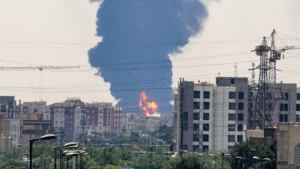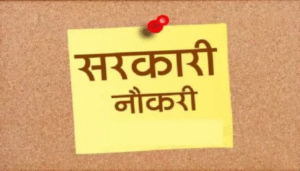The Double-Edged Sword: Social Media and the Transformation of Politics
Amplifying Voices and Mobilizing Action
One of the most significant impacts of social media is its ability to amplify the voices of individuals and groups. Citizens can now directly connect with politicians, share their concerns, and mobilize support for specific causes. Social media platforms have facilitated the rise of grassroots movements, enabling rapid mobilization and collective action around political issues. The Arab Spring, for example, saw social media play a crucial role in coordinating protests and disseminating information, demonstrating its power to catalyze social and political change.

Direct Communication and Increased Transparency
Social media provides politicians with a direct channel of communication with their constituents. They can bypass traditional media outlets and share their views, policies, and campaign updates directly with the public. This increased transparency can enhance accountability and foster a more direct relationship between elected officials and the people they represent.
The Perils of Misinformation and Echo Chambers
However, the influence of social media on politics is not without its drawbacks. The rapid spread of misinformation and disinformation poses a significant challenge. The algorithms of social media platforms often prioritize engagement, leading to the amplification of sensational or misleading content, regardless of its accuracy. This can create “echo chambers” where individuals are primarily exposed to information that confirms their existing beliefs, hindering constructive dialogue and fostering political polarization.
The Rise of Political Polarization
Social media can exacerbate existing political divisions. The curated nature of social media feeds can create filter bubbles, exposing users to a limited range of perspectives and reinforcing existing biases. This can lead to the formation of echo chambers, where individuals are primarily exposed to information that confirms their existing beliefs, hindering constructive dialogue and fostering political polarization.
Social media has undeniably transformed the political landscape, offering both unprecedented opportunities and significant challenges. While it has empowered citizens, facilitated direct communication, and catalyzed social movements, it also poses risks, such as the spread of misinformation, the amplification of political polarization, and the potential for manipulation. Navigating these challenges requires a nuanced understanding of the impact of social media on political discourse and a commitment to fostering responsible and informed engagement with online platforms.




















